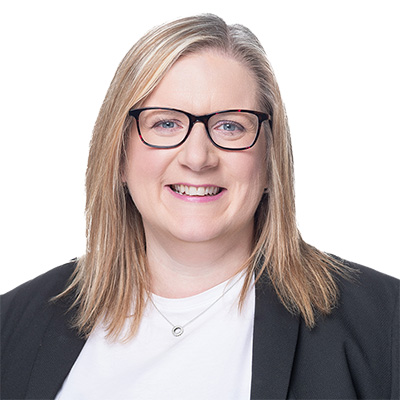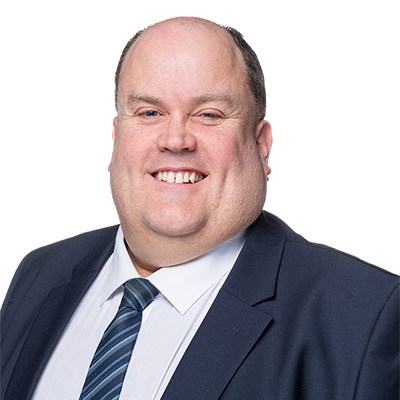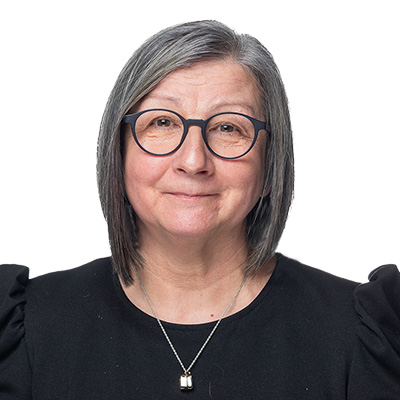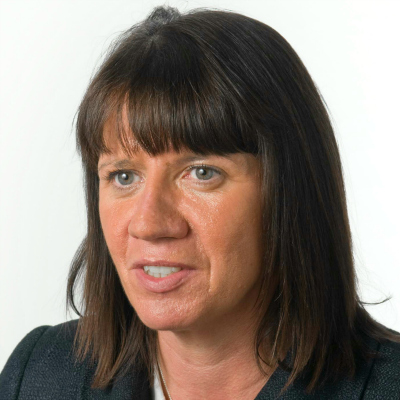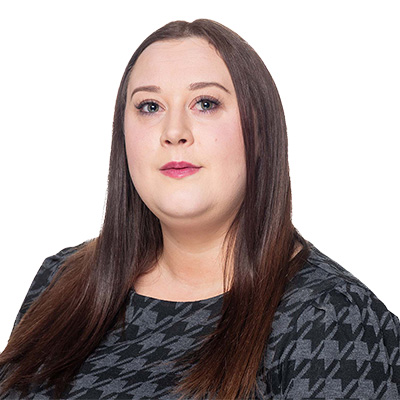If you are worried about how your finances and welfare would be looked after if you became incapable of managing your affairs in the future, then a sensible option is to plan ahead and grant Power of Attorney to someone you trust.
Click here to read a full transcript of this Power of Attorney video. Or alternatively you can select captions in the video panel.
A Power of Attorney is a legal document which authorises one or more people to act on your behalf. There are different types of Power of Attorney: it can cover financial or welfare matters or both.
Without a Power of Attorney, the people around you who want to help will need to apply to the courts to be able to act on your behalf, which is time consuming, costly and can be restrictive. It also can result in insurance policies needing to be put in place as well as well as extra responsibilities to make reports to the Office of the Public Guardian and keep records.
A Power of Attorney makes the process more straightforward and allows you to decide who can act for you if something happens, what specific powers they will or will not have and when they can exercise them.
Getting a Power of Attorney in place is not complicated and lets you take the important decisions while you are well and provides comfort that you will be looked after by those you want.
Frequently asked questions
Here are answers to some of the questions we are often asked about Power of Attorney.
What is Power of Attorney?
A Power of Attorney is a vital legal document that everyone, irrespective of age or health, should have in place. Put simply, it allows an adult to decide who can act on their behalf and what important decisions their attorneys can take if they are unable due to mental or physical impairment to do things themselves.
Powers of Attorney can cover a variety of situations and individuals can decide what powers they want to give and when those powers can be exercised, so that the Power of Attorney fits their needs and wishes.
By making a Power of Attorney you are not giving up your own authority to deal with matters; you are simply taking prudent steps to provide a solution if you need others to help in the future. It means you can be sure that your affairs will be looked after by a person you trust, who could be a family member, friend or professional person.
What is Financial Power of Attorney?
Under Financial Power of Attorney (often also called a Continuing Power of Attorney) your appointed person will help deal with matters relating to your finances and property if you are unable of doing so for any reason. This will include paying bills, opening and closing bank accounts, making sure your pension and benefits are paid to you and making decisions about your investments.
You can ask your Financial Attorney to assist you with your affairs while you still have capacity. For example, someone who is physically frail or in hospital for an extended period may wish their Financial Attorney to act even though they still retain capacity.
What is Welfare Power of Attorney?
With a Welfare Power of Attorney your appointed person deals with matters relating to your health and personal welfare, such as decisions about your accommodation or medical treatment.
Because these important decisions are of a more personal nature, an Attorney is only ever entitled to exercise their powers if you become incapable of making decisions for yourself. You can decide how that incapacity is assessed and we recommend that you require the opinion of two doctors.
What are the Attorneys' roles and who can be an Attorney?
An Attorney’s role is to act on behalf of the adult who has appointed them and take decisions on their behalf. The position is a very important one and carries a great deal of responsibility.
Any adult can be appointed to the role and a firm of solicitors could also act as a Financial Attorney (Continuing Attorney). A Financial Attorney cannot be bankrupt.
Your Attorney should always be someone that you trust and know to be competent and reliable.
The Office of the Public Guardian, which oversees Powers of Attorneys in Scotland, has excellent guidance on the role and we would recommend that anyone considering taking up the role read it.
How do you set up a Power of Attorney?
Most people use a Solicitor to set up a Power of Attorney to ensure nothing is missed and it is prepared correctly. Once a Power of Attorney has been prepared, you need to sign it and a certificate is signed by a professional (normally a lawyer or doctor) confirming that you are mentally capable to grant it. This stage is vital as without the Certificate any Power of Attorney is not valid.
Once the Power of Attorney is all signed, it has to be registered before it can be used.
How do I register a Power of Attorney?
Before a Power of Attorney can be used, it must be registered with the Office of the Public Guardian. The Office of the Public Guardian charges a registration fee for registering Powers of Attorney.
After the Power of Attorney has been fully signed it has to be sent to the Office of the Public Guardian. This can be done by post although the registration can then take a long time or we can process the Power of Attorney for you using the electronic system which is much quicker.
What is the Office of the Public Guardian?
The Office of the Public Guardian is the government agency which keeps a public record of Powers of Attorney that have been registered and supervises individuals who have been appointed to manage the financial and property affairs of adults who lack the capacity to do so for themselves.
They also are involved in keeping a register of those appointed under Guardianship or Intervention Orders. They also carry out investigations where the assets or finances of someone who is incapable adult are believed to be at risk.
The Office of the Public Guardian website provides more information and links to their detailed guidance.
What are Eldercare services & Vulnerable Adults support?
Often individuals need support due to infirmity or disability. We can help here by providing support to clients. This can be a more informal route than a Power of Attorney and can involve one of our team helping the client with day-to-day tasks like sorting through papers, dealing with correspondence on their behalf or speaking with organisations like utility companies to get services organised. We can help them organise their affairs and deal with any complexities.
Our clients’ interests are foremost and our team have considerable experience of providing help and support in such situations.
How can Thorntons help?
At Thorntons, our team of dedicated lawyers have considerable experience of working with families and individuals in establishing Powers of Attorney. They can advise you of the options, set up an arrangement that best serves your particular needs, and ensure completion of the proper documentation.
If you do not grant a Power of Attorney and you then become mentally or physically incapable of managing your affairs, your family may have to apply to the court for permission to deal with these matters. This is called applying for guardianship and involves a lengthy and expensive court process. Our expert team can also advise and help families in such situations.
When making your Will, you may want to consider granting a Power of Attorney at the same time, as a sensible precaution against a sudden or gradual deterioration in health. We can advise you on all aspects of making a Will and make sure it is right for you and your circumstances.
Call the Thorntons Private Client team on 03330 430150 to find out more about Power of Attorney options. Or complete our enquiry form and we will contact you.
Our Services
We offer a full range of Private Client services, available through our network of offices









